Broccoli Benefits: 21 Science-Backed Health, Skin & Hair Perks
Detoxify your body and flush out toxins as you load on vitamins, minerals, and fiber.
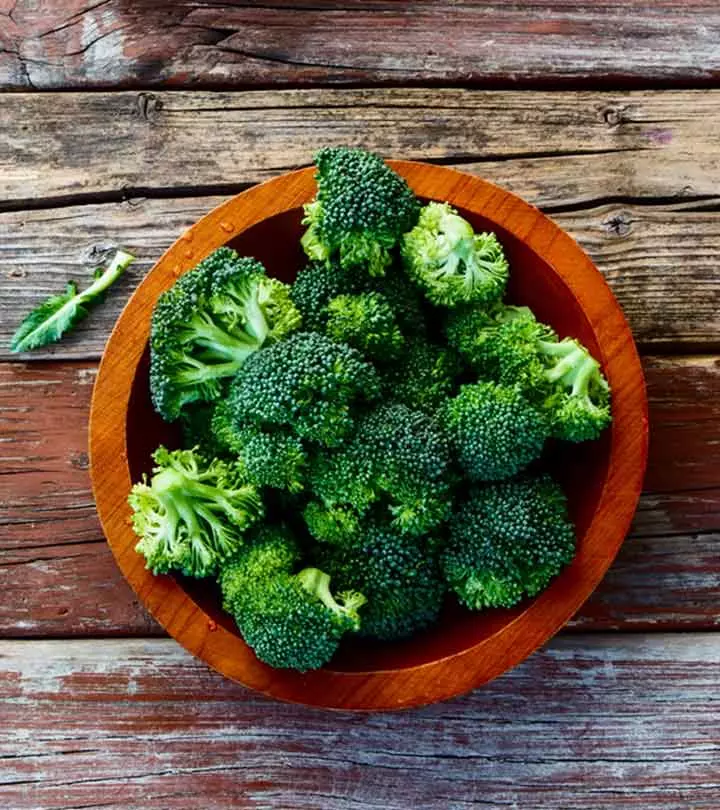
Image: Shutterstock
From detoxifying your body to reducing the risk of diabetes and cancer, the benefits of broccoli form a long list. Wondering how it is so good for your health? The secret lies in its nutritional profile. Eating a cup of this wonder vegetable means that you have received most of the nutrients your body requires every day. Curious to know more? In this article, we explore the nutritional profile of broccoli, its health benefits, potential side effects, a few delicious recipes to try, and more. Keep reading!

 Know Your Ingredient: Broccoli
Know Your Ingredient: BroccoliWhat Is It?
A type of cruciferous vegetable belonging to the Brassica family.
What Are Its Benefits?
It helps prevent cancer, removes toxins, improves bone density, prevents cardiac diseases, improves digestion and vision, delays skin aging, and treats hair loss.
Who Can Use It?
Both adults and children can safely consume broccoli in moderation. Broccoli extract and its seed oil are suitable for topical application on all skin and hair types.
How Often?
One can consume 1 cup of broccoli every day.
Caution
Topical application may result in skin allergies for some individuals. Excess consumption can lead to stomach disorders and hypothyroidism.
In This Article
What Is Broccoli?
A green plant from the cabbage family, broccoli is a superfood. It is one of the healthiest cruciferous vegetables, whose large flowering head is often eaten for its nutritional properties. It is often consumed boiled or steamed, but can also be eaten raw.
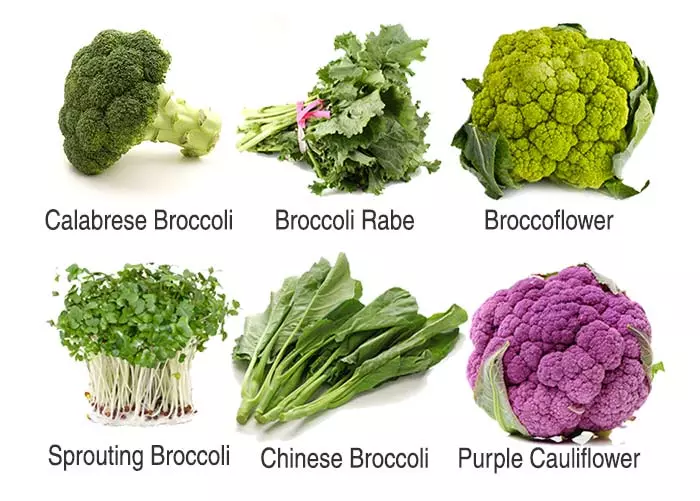
A survey conducted on 3691 participants in Great Britain found that 76% of them liked broccoli. It was estimated that 72% of men and 81% of women liked broccoli. It was further noted that 75% of millennials, 79% of gen x, and 77% of baby boomers liked broccoli.
Broccoli comes in different varieties, and the most popular ones are
Calabrese broccoli, named after Calabria in Italy. This type has large green heads and thick stalks. And it is a cool-season annual crop.
Sprouting broccoli, which has a large number of heads with several thin stalks.
Broccoflower, which is a cross between broccoli and cauliflower. The taste is mild and more like cauliflower than broccoli.
Broccoli rabe (also called broccoli rob in certain places), which is a different cruciferous species and is also called rapini. Its yellow flowers are edible.
Gai-lan, which is also known as Chinese broccoli. It is longer and leafier and more pungent/bitter than the normal green broccoli.
Purple cauliflower is another popular type of broccoli grown in North America and Europe. This one has a head shaped like cauliflower and has tiny flower buds.
There is also broccolini, which people confuse with the other types. Well, not exactly – broccolini is just a lanky vegetable that is a cross between broccoli and Chinese broccoli, and not a separate variety in itself.
 Did You Know?
Did You Know?Key Takeaways
- The antioxidants in broccoli can aid in eliminating toxins from the body and improve liver function.
- Broccoli contains a good amount of calcium, iron and vitamin K that can support teeth and bone health.
- Broccoli supports blood vessels in the body, thereby reducing cholesterol levels and preventing the risk of heart conditions.
- Broccoli may help in treating common respiratory conditions like asthma.
Is Broccoli Good For You?
Of course, it is! This vegetable is extremely rich in vitamin C (has twice the amount as in orange), calcium (contains as much as in whole milk), and selenium (a nutrient important for preventing cancer).
Eating broccoli also detoxifies your body after exposure to food or airborne carcinogens and other oxidants. This activity can be attributed to sulforaphane, an important phytochemical in broccoli. In fact, one study proved that ingesting cruciferous veggies like broccoli can protect cells from DNA damage.
There are many other reasons broccoli can be amazing for you (which we will discuss in detail in a little while). But before that, let’s get into a bit of history.
What Is The History Of Broccoli?
This was a popular food amongst the Romans. And it once grew like crazy on the shores of the Mediterranean Sea. Sources say its origins lie in Italy (about 2,000 years ago), and then, it spread to France and England in the 1700s. In the US, broccoli saw its commercial growth in the 1920s. At some point in time, broccoli was also called the Italian Asparagus.
That’s just a bit about its history. But did you know that there is a lot of other interesting stuff about this vegetable?
Any Interesting Facts About Broccoli?
- Broccoli gets its name from the Italian word “broccalo”, which means “cabbage sprout”.
- The most common type of broccoli is Calabrese broccoli – named after Calabria (Italy), its place of origin.
- If you want to eliminate the smell of broccoli, you can add a slice of bread to the pot.
- California produces almost all of the broccoli consumed in the United States.
- And though available all year round, the vegetable is most nutritious from October to May.
- The American sign language has no sign for broccoli. You only have to spell it out.
- Broccoli was brought to America by Thomas Jefferson. In fact, in 1767, he imported the seeds from Italy and planted them in his own garden.
Clearly, broccoli’s production and consumption have a rich history in the United States.
The following graph showcases America’s per capita consumption of fresh broccoli between 2000 and 2025. It averaged between 5.5 – 7.5 pounds over the years and is currently on a slight decline. The year 2025 saw an estimated 5.2 pounds per capita broccoli consumption.
Per Capita Consumption Of Fresh Broccoli In The US (2020-21)
Source: StatistaThat’s a bit about the facts. But the real deal about this vegetable lies in its nutrient profile – and that’s something we will look at now.
What Is The Nutritional Profile Of Broccoli?
| Nutrition Facts Serving Size 91 g | ||
|---|---|---|
| Amount Per Serving | ||
| Calories 31 | Calories from Fat 3 | |
| % Daily Value* | ||
| Total Fat 0g | 1% | |
| Saturated Fat 0g | 0% | |
| Trans Fat | ||
| Cholesterol 0mg | 0% | |
| Sodium 30mg | 1% | |
| Total Carbohydrate | 2% | |
| Dietary Fiber 2g | 9% | |
| Sugars 2g | ||
| Protein 3g | ||
| Vitamin A | 11% | |
| Vitamin C | 135% | |
| Calcium | 4% | |
| Iron | 4% | |
| Vitamins | ||
| Amounts Per Selected Serving | %DV | |
| Vitamin A | 567IU | 11% |
| Vitamin C | 81.2mg | 135% |
| Vitamin D | – | – |
| Vitamin E (Alpha Tocopherol) | 0.7mg | 4% |
| Vitamin K | 92.5mcg | 116% |
| Thiamin | 0.1mg | 4% |
| Riboflavin | 0.1mg | 6% |
| Niacin | 0.6mg | 3% |
| Vitamin B6 | 0.2mg | 8% |
| Folate | 57.3mcg | 14% |
| Vitamin B12 | 0.0mcg | 0% |
| Pantothenic Acid | 0.5mg | 5% |
| Choline | 17.0mg | |
| Betaine | 0.1mg | |
| Minerals | ||
| Amounts Per Selected Serving | %DV | |
| Calcium | 42.8mg | 4% |
| Iron | 0.7mg | 4% |
| Magnesium | 19.1mg | 5% |
| Phosphorus | 60.1mg | 6% |
| Potassium | 288mg | 8% |
| Sodium | 30.0mg | 1% |
| Zinc | 0.4mg | 2% |
| Copper | 0.0mg | 2% |
| Manganese | 0.2mg | 10% |
| Selenium | 2.3mcg | 3% |
| Fluoride | – | |
One cup of broccoli (cooked) has the following important nutrients:
- 100 mcg of vitamin K (270% DV)
- 101 mg of vitamin C (168% DV)
- 120 mg of vitamin A (48% DV)
- 165 mcg of folate (42% DV)
- 4 mg each of vitamin B6 and manganese (16% DV)
- 457 mg of potassium (14% DV)
- 105 mg of phosphorus (10% DV)
- 33 mg of magnesium (8% DV)
- 62 mg of calcium (6% DV)
And one stalk of broccoli contains just about 45 calories.
And now, let’s head to the benefits.
What Are The Health Benefits Of Broccoli?
The antioxidants in broccoli play a major role in preventing inflammatory diseases like cancer and diabetes
. Broccoli also improves liver health and aids body detoxification. Find out about the potential broccoli benefits for your overall health.
1. Helps Reduce Cancer Risk

The National Cancer Institute has spoken about the link between cruciferous vegetables (especially broccoli) and cancer in great detail. These vegetables contain glucosinolates, chemicals that have sulfur. During cooking, chewing, and digestion, these glucosinolates are broken down to form biologically active compounds – one of them being indole-3-carbinol, a compound with potent anti-cancer properties (1).
And yes, there is research that broccoli and other cruciferous vegetables can help prevent various forms of cancer – notably, cancers of the prostate, lungs, breast, and colon.
Another compound in broccoli bagging the credit for cancer prevention is sulforaphane, or naturally occurring organic sulfur. Sulforaphane supports normal cell function and division and even promotes apoptosis (programmed cell death) in cancer cells. Research says that just 3 servings of broccoli a week can cut cancer risk by 60 percent.
Broccoli also contains decent amounts of fiber, which enhances immunity and fights inflammatory diseases like anti-cancer (2).
2. Detoxifies Your Body
Often called the dynamic trio, glucoraphanin, gluconasturtiin, and glucobrassicin in broccoli neutralize and eliminate the unwanted chemicals from your body.
The sulforaphane in broccoli sprouts protects the aerobic cells from damage by inducing a network of detoxification enzymes. In addition, it also suppresses inflammatory responses (3). In another study, individuals who consumed broccoli sprout tea were found to have higher levels of detoxification (4). These individuals saw their blood levels of benzene and acrolein decrease post the 8-week long experiment. Benzene and acrolein are products of chemical combustion commonly found in highly polluted areas. Simply put, broccoli helps eliminate the pollutants that we unknowingly inhale on a daily basis.
3. Improves Bone And Teeth Health
Do you have bone issues or know anyone who does? Well, we can understand what a pain it can be. You can’t just move around. And that’s terrible. But you sure might find some solace in broccoli. Being an excellent source of vitamin K, calcium, potassium, and magnesium – broccoli plays a role in maintaining bone mineral density (it contains good levels of iron too).
Certain experts say vitamin K builds bones better than calcium. And a cup of broccoli contains 270 percent of the vitamin K you need in a day. This vitamin, along with calcium, also helps maintain your teeth.
This basically means broccoli can help fight osteoporosis (5). Plain and simple.
4. Promotes Heart Health
Broccoli keeps the blood vessels strong, which is one of the ways it improves heart health
. The sulforaphane in the vegetable can prevent and even reverse damage to blood vessel linings caused by chronic sugar issues.
One study found that broccoli intake could improve your heart’s blood-pumping ability. Numerous other studies have also associated broccoli consumption with a reduced risk of coronary heart disease (6). The vegetable can reduce inflammation and oxidation of the arteries in stroke-prone individuals (7).
Studies have also shown that the very same sulforaphane in broccoli can also improve blood pressure levels (8). And broccoli contains no cholesterol. Moreover, given it has fiber, it also regulates cholesterol levels and prevents heart attacks.
5. Improves Digestive Health
Broccoli reduces inflammation in the colon and helps prevent colon cancer. The vegetable is broken down in the stomach into certain compounds, one of them being indolocarbazole (or ICZ). This ICZ activates another compound called aryl hydrocarbon receptor (or AHR), which maintains the gut barrier function and treats related issues like leaky gut. A leaky gut occurs when the intestinal barrier is compromised and opens up to attack by toxins and microbes, leading to poorer absorption of nutrients.
Broccoli also contains other distinctive compounds that can be utilized by gut bacteria and improve overall gut health (9).
6. Enhances Liver Health
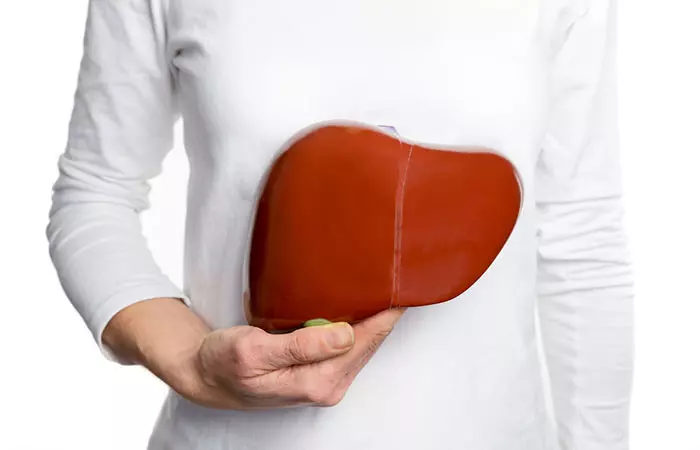
Broccoli has been found to prevent liver cancer and even aid in its treatment (10).
Broccoli sprouts can raise the levels of detoxification enzymes and protect the liver from damage. The vegetable might also prevent liver failure. Eating 4 servings of broccoli a week can do wonders for your liver health.
7. Can Cure Allergies
Research has found that taking broccoli just for 3 days can lead to a 200 percent increase in the production of proteins that generate antioxidants in the nasal cells. And this can help cure allergies.
According to another study, broccoli sprout attenuates nasal allergic response. It also reduces the effects of particulate pollution on allergic disease and asthma (11). Broccoli is also rich in quercetin and kaempferol, polyphenols are known for their anti-allergic immune response. Quercetin is so potent in treating allergies that it is one of the main ingredients in most anti-allergic drugs (12).
Broccoli can even help treat other allergic (and respiratory) conditions like asthma. The sulforaphane in the veggie triggers the release of antioxidant enzymes in the human airways – this offers protection from the free radicals and other pollutants that we breathe in every day (13).
8. Might Promote Weight Loss
Broccoli is low in calories and hence can be an ideal addition to a weight loss diet.
And yes, broccoli is a good source of fiber – it keeps you full for a long period and discourages binging. This could simply make your path to weight loss a little smoother.
9. Improves Vision Health
You might want to turn to broccoli if you have any kind of eye problem that has been bothering you for quite a while. Because studies show that broccoli might prevent blindness. And this effect, again, is attributed to the humble sulforaphane in broccoli – the naturally occurring antioxidant that protects the eyes from ultraviolet radiation. Research says that the more sulforaphane your eye cells get, the more protection they receive (14).
Green and yellow fruits and vegetables are also found to be loaded with lutein and zeaxanthin – antioxidants crucial for the human eyes. These super-antioxidants help prevent other serious eye diseases like cataracts and macular degenerationi A condition characterized by damage to the macula tissue inside the retina of the eye, affecting people over 50, possibly causing blindness. . Just about 100 grams of boiled broccoli contains 1,080 mcg of lutein and zeaxanthin (15).
Broccoli is also rich in vitamin C, another nutrient essential for better vision (16).
10. Can Aid In Diabetes Treatment
If the fiber in broccoli forms one part of the equation, sulforaphane forms the other. The latter prevents damage to blood vessels caused by diabetes. Sulforaphane activates certain enzymes that limit this type of damage.
In lab experiments, sulforaphane was also found to lower glucose levels and reduce the harmful effects of sugar.
But there is something about broccoli that needs your attention – and this has to do with your nutritional type (values derived from a scientific method of customized nutrition, which basically studies your body’s major control systems). Please check with your doctor on this. If you are a protein type, you might have to reduce your broccoli intake.
Eating broccoli post a meal can help slow down the rise in blood pressure (thanks to its fiber content).
11. Improves Brain Health

The two crucial nutrients in broccoli that improve brain functions are vitamin K and choline. While the former enhances cognitive abilities, the latter improves memory. And more importantly, broccoli contains a decent amount of folic acid that helps prevent Alzheimer’s and depression (17).
Other studies state that dietary broccoli might improve neuroinflammationi Inflammation of nerve tissues in the brain or the spinal cord due to infections, injuries, etc. to a certain extent (18). And the sulforaphane in broccoli had been shown to have improved spatial memory, especially after a traumatic injury. Hence, this compound is widely considered a potential therapeutic option for treating brain injury in patients (19).
According to a report by the Harvard Medical School, broccoli is also rich in beta-carotene and can prevent cognitive decline.
12. Improves Metabolism
The calcium and vitamin C in broccoli, together, can boost metabolism. And the fiber in broccoli increases TEF (also called the Thermic Effect of Food, or your metabolic rate after eating).
The fiber in broccoli is also responsible for healthy metabolism and maintenance of major body functions (20).
13. Boosts Immunity
The number one reason broccoli works best for the immune system is its vitamin C content. And studies have found that broccoli can also boost the aging immune system. The sulforaphane in the vegetable interacts with Nrf2, a protein that regulates the body’s overall antioxidant response. This protein can switch on hundreds of antioxidant and rejuvenating enzymes and genes .
Sulforaphane has also been found to reverse the decline of immune function of cells that might otherwise accelerate with age. And broccoli also contains another compound glutathione – which also is called the master antioxidant. This antioxidant also fortifies immune health. Studies say that eating broccoli raw can maximize its immune-boosting effects. And these effects have also been shown to promote wound healing.
14. Offers Nutritional Support For Pregnancy
Proper nutrition is more important during pregnancy than any other period in a woman’s life. And broccoli, being a powerhouse of nutrients, can offer just that.
The calcium in broccoli is good for bone health, especially in pregnant women. It helps prevent osteoporosis in pregnant women (as they are more prone to the disease during this phase, given their bones are more vulnerable), folate ensures a healthy pregnancy – it eliminates neurological defects in the baby. The choline in broccoli also helps during pregnancy (21).
And the fiber in broccoli helps prevent gestational diabetes, a disease pregnant women are more often prone to. Supplementation with broccoli sprout also prevents brain injury in the newborn, as per a Canadian study (22).
15. Improves Men’s Sexual Health
Men need to thank the folate here. According to a Spanish study, an increased intake of folate can enhance semen production, leading to stronger orgasms and improved fertility. And vitamin A in this veggie can enhance the sperm count.
Broccoli has also been found to prevent bladder cancer, which is three times more common in men than women (23).
16. Balances The Body’s pH Levels
Broccoli, like most vegetables (and fruits), is an alkaline food and helps balance the body’s pH levels.
What Are The Benefits For Skin?
The same antioxidants improve skin health and help slow down aging. Vitamin C in the vegetable aids collagen production, ultimately making the skin look younger.
17. Promotes Skin Health
The same antioxidants improve skin health and help slow down aging. Vitamin C in the vegetable aids collagen production, ultimately making the skin look younger.
Broccoli contains a substance called glucoraphanin that gets converted into sulforaphane, aiding skin repair and resulting in healthy skin. Thus, eating broccoli renews your skin more quickly and gives your complexion a beautiful natural glow.
Studies show that extracts of broccoli sprouts protect against skin damage and cancer caused by UV radiation (24). So, if you are looking for foods for healthy skin, do not forget to add broccoli to your daily diet.
18. Helps Slow Down Aging
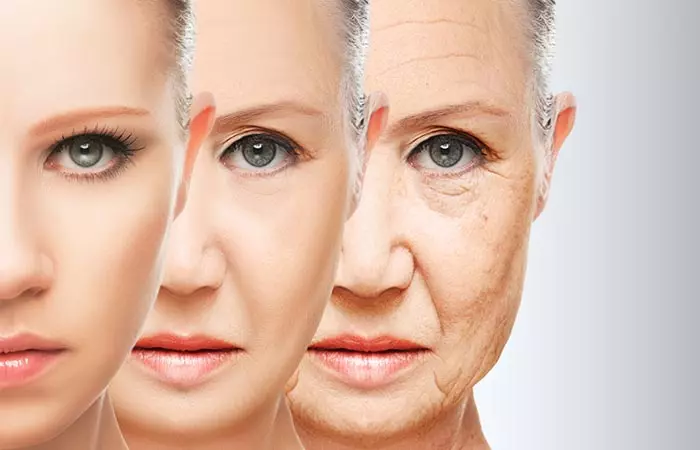
One compound in broccoli, called nicotinamide mononucleotide (NMN), has been found to offer anti-aging benefits. NMN produces another compound important for energy metabolism – this compound fuels energy in our bodies, potentially eliminating some of the signs associated with aging .
And the vitamin C in the veggie fights free radicals that otherwise tend to speed up the aging process. Vitamin C also contributes to collagen production, which improves skin elasticity and reduces wrinkles.
Broccoli is often considered better than sunscreen in protecting the skin against skin cancer. In fact, you could smear broccoli extract over your skin before bath. The sulforaphane in it works wonders on your skin (25).
What About Broccoli Benefits For Hair?
The B vitamins and vitamin C make your hair stronger and strengthen the hair follicles. Vitamin C also combats free radicals that otherwise cause hair loss.
19. Improves Hair Health
The B vitamins and vitamin C make your hair stronger and strengthen the hair follicles. Vitamin C also combats free radicals that otherwise cause hair loss.
Dark green vegetables like broccoli are loaded with vitamins A and C that help produce sebum – a natural scalp oil that keeps the hair conditioned.
20. Treats Hair Loss
The vitamin C in this wonder veggie eliminates free radicals and helps make your hair thicker and healthier. Due to this, broccoli is considered one of the best foods for thinning hair. It also is a good source of B vitamins, which reduce stress and in a way combat hair loss (26).
21. Imparts Luster To Hair

Broccoli seed oil contains a unique fatty acid composition that is similar to silicone found in shampoos, which is responsible for imparting shine to your hair. Also known as erucic acid, this omega-9 fatty acid gives your hair a smooth, natural sheen without leaving a residue of harmful detergents or chemicals in your hair follicles. Thus, it has an advantage over commercial shampoos and conditioners in this respect.
We saw the many broccoli benefits. But you also need to know about the selection process and storage.
How To Select And Store Broccoli
Selection
Broccoli is available all year round in supermarkets, so it is important to ensure that the variety you are buying is fresh.
While purchasing broccoli, ensure that the floret clusters are compact with firm stalks and healthy leaves.
Look for strong uniformly colored buds which are dark green, sage, or purple-green depending on the variety with no sign of yellowing or bruises.
Yellowing florets or woody stalks with holes at the base or open bud clusters indicate that the vegetable is not fresh and hence should be avoided.
The stems and florets should be devoid of slimy spots and the leaves, if attached, should be vibrant in color and not wilted.
There should be no yellow flowers blossoming from the vegetable as it is a sign of over maturity.
Storage
Broccoli should be kept unwashed in a plastic bag, removing as much air from the bag as possible.
It should be stored in the refrigerator for up to 10 days. Do not wash it before storing it as it might get spoilt due to exposure to water.
Where whole broccoli has not been used, partial heads should be kept in a well-sealed container or plastic bag and refrigerated as it starts losing vitamin C quickly once it has been cut. Thus, it is advisable to use it within a few days.
Blanched broccoli can be frozen and refrigerated for up to a year.
Cooked broccoli should be kept in a tightly covered container and stored in a refrigerator for a few days.
There are numerous ways you can use broccoli for cooking. Let us help you with a few of them.
Tips For Using Broccoli (For Cooking/Eating)
Broccoli is one of the most nutritious vegetables eaten in both cooked and raw forms. Raw broccoli contains more sulforaphane than cooked one and is suitable for salads. Raw broccoli retains all of its vitamins and minerals when added to salads or consumed as a crisp snack with dip or hummus.
Whether eaten raw or cooked, this vegetable provides your body with many nutrients and vitamins that protect you from various diseases. If you wonder how to cook broccoli, we have something for you.
Cooking
Before cooking broccoli, it should be washed and rinsed in cold running water. Cut the florets into quarters for uniform cooking. The stems and florets are the edible portions. So, the stem should be peeled and cut into slices.
To obtain the maximum nutrition from the broccoli, it is advisable to let it sit for a few minutes before cooking. Broccoli can be cooked in many ways and can easily form part of many recipes to increase their nutrition quotient. Given below are some of the methods of cooking broccoli. It is important not to overcook broccoli as it can lead to nutrient loss. Gentle low-temperature cooking enhances its nutrient availability compared to eating it raw.
a. Steaming
Steamed broccoli is best. It is low in calories, too (½ cup contains just about 31 calories). But overcooking should be avoided as it enhances its strong flavor, wipes out the color, and leeches the nutrients. Broccoli should be cooked for a short duration until it becomes tender but remains crisp.
Broccoli can be steamed either in a microwave or on a stovetop. In the case of the former method, place the broccoli florets in a dish and pour 2 to 3 tablespoons of water on the top. Cover the dish and microwave it at a high temperature for 3 to 4 minutes. Remove the lid and check if it is tender. Microwave it for an additional minute if required.
For steaming it on the stovetop, fill a pot with a few inches of water and place a steamer basket on top, such that the water does not touch the bottom of the steamer basket. Simmer over medium to high heat and add the broccoli florets and stems. Cover the pot and steam for 4 to 5 minutes until they become tender. Steamed broccoli can be enjoyed with olive oil, seasonings, salads, casseroles, and soups.
b. Blanching
This is another method to make the broccoli tender. For this purpose, fill a bowl with ice water and bring it next to the stove. Bring a large pot of water to a boil and add a tablespoon of salt and broccoli florets. Cook for 1 to 1 ½ minutes until the florets turn tender and crisp. Allow the water to boil and cook the stems till they become tender for about 1 ½ to 2 minutes. Your broccoli is ready and can be served as vegetable platters.
If you want to freeze broccoli, blanching is the way to go about it. Freezing broccoli raw can make it bitter and leave it with shriveled stems. But blanching preserves the bright color and flavor.
c. Sautéing
Rinse the broccoli properly to ensure that it is completely dry. Heat some oil in a skillet at medium to high heat. Add the florets along with salt and toss to coat with oil. Add the stems after a minute. Continue to cook and stir till the broccoli is bright green and tender. During the sautéing process, you can add onions or garlic to enhance the flavor without compromising on the nutritional value.
d. Roasting
Your broccoli should be as dry as possible. Heat the oven to 425oF. Coat the broccoli florets and stem with a few tablespoons of oil and half a teaspoon of salt. Make a layer by spreading the broccoli in a thin layer on a foil-lined baking sheet. Roast it for 20 to 25 minutes until it becomes crunchy and shows deep caramelized brown spots. It should be served immediately and can be used as a side dish or pizza topping.
Eating (How To Incorporate More Broccoli Into Your Diet)
There are multiple ways of cooking and serving broccoli. It can be added to pasta, pizzas, and salads or made into soups to make them more interesting and nutritious.
- Pastas: Steamed broccoli can be added along with nuts to pasta tossed with olive oil. Add salt and pepper to taste.
- Soup: Broccoli can be pureed and cauliflower and combined with seasonings of your choice to make a delicious soup. Chicken soup can also be prepared by pureeing broccoli and chicken broth with onion sautéed in olive oil.
- Omelet: Broccoli florets and chopped stalks can be added to omelets to make them more nutritious.
- Salad: Toss steamed broccoli with chickpeas, halved grape tomatoes, olive oil, crumbled feta, and red wine vinegar.
- Dip: Steamed broccoli can be pureed with sour cream and grated parmesan and served with raw vegetables.
- Frittata: Chopped garlic and steamed broccoli can be sautéed in olive oil and covered with beaten eggs. It can be sprinkled with grated cheese and baked at 350oF until puffed.
- Broccoli Slaw: This can be prepared by combining chopped raw broccoli with red onion and dressing it with cream, cider vinegar, and honey. Cooked broccoli can be dressed with yogurt, lemon juice, and garam masala.
- Broccoli With Chicken: Broccoli can be tossed with bone-in chicken pieces and whole garlic cloves in olive oil and roasted at 400oF for 35 to 45 minutes.
- Snack: Broccoli can be enjoyed as a snack. Steamed broccoli can be tossed with butter and lemon juice and sprinkled with toasted almond slices.
- Broccoli With Anchovies: Mash a few anchovies and a garlic clove in a mortar and pestle and mix with olive oil, lemon juice, salt, and pepper. This can be tossed with steamed broccoli.
You saw how to use broccoli in various ways. What if those ways take you to some wonderful delicacies?
Popular Broccoli Recipes
1. Broccoli Soup
What You Need
- 2 tablespoons of butter (along with 3 other separate tablespoons of butter)
- 1 chopped celery stalk
- 1 chopped onion
- 3 cups of chicken broth
- 8 cups of broccoli florets
- 3 tablespoons of all-purpose flour
- 2 cups of milk
- Ground black pepper to taste
Directions
- Melt 2 tablespoons of butter in a medium-sized pot. Now, sauté the onion and celery until they are tender. To this, add the broccoli and broth and cover and simmer for 10 minutes.
- Pour the soup into a blender – ensure you fill the pitcher no more than halfway full.
- Start the blender, and use a few quick pulses to get the soup moving before leaving it on to puree.
- Puree the soup in batches until it’s smooth. Pour into a clean pot.
- In a small saucepan over medium heat, melt the 3 tablespoons of butter. Stir in the flour and add milk.
- Stir until the mixture is thick and bubbly, and then add it to the soup.
- You can season with pepper before serving.
2. Broccoli Smoothie
What You Need
- 1 cup of water
- 1 cup of milk (dairy free)
- 1 cup each of broccoli florets and blueberries
- 1 banana
- 1 cup of oats
- 2 tablespoons of sunflower seeds
- 1/2 cup of raisins
Directions
- Blend the dry ingredients and the liquid for a short time.
- Now, blend the fruit and the rest of the ingredients until the mixture is smooth.
- Serve.
 Quick Tip
Quick TipNicole, a food blogger, shared her experience about her love for broccoli in her blog post and shared a recipe for roasted broccoli, which she usually makes with heavy seasoning, but this time she tweaked the recipe slightly. “I had decided that lemon juice and parmesan cheese would make it even better without overpowering the broccoli too much (i).”
Let us tell you – the recipes are great. They taste wonderful and are superbly nutritious. But in case you are wondering where to procure broccoli from…
Where To Buy Broccoli Sprouts
You can get broccoli from your nearest supermarket or online.
Like any food, broccoli also has its share of side effects.
What Are The Side Effects Of Broccoli?
- Allergies
Applying broccoli to the skin can cause rashes in hypersensitive people. Stop its use if you notice any such effects.
- Hypothyroidism
Broccoli (and other cruciferous veggies) are said to contain goitrogens that may interfere with thyroid functioning. There is no clinical merit to this, though. People with hypothyroidism, particularly those with autoimmune hypothyroidism (most common type), benefit greatly from the nutrients in cruciferous vegetables, including broccoli.
- Effects During Pregnancy And Breastfeeding
In normal amounts, it is safe. But we don’t know what happens if broccoli is taken in excess. Hence, limit your intake.
- Upset Stomach
Since it contains fiber, overeating broccoli can upset your stomach. Broccoli also contains non-digestible sugars that are fermented by gut bacteria. This is normally desirable, but in those with irritable bowel syndromei A disorder that affects the stomach and intestines causing pain, bloating, diarrhea, and constipation. or small intestinal bacterial overgrowth (SIBO), it may exacerbate uncomfortable symptoms.
Infographic: How To Use Broccoli
Broccoli is a cruciferous vegetable that is high in antioxidants and nutrients. It is closely related to kale, cabbage, bok choy, collard greens, and rutabaga. You can easily incorporate it into your diet. Click the infographic below to learn how you can use broccoli. Illustration: StyleCraze Design Team
Broccoli is a nutrient-dense green vegetable with many therapeutic uses. This superfood is available in different varieties and is rich in bioactive compounds. The antioxidant profile and the presence of a wide variety of vitamins and minerals are responsible for the benefits of broccoli. The veggie may help reduce cancer risk, detoxify your body, improve bone health, regulate cholesterol levels, and improve digestive system function. In addition, it may slow down skin aging and treat hair loss. However, it may cause side effects like allergies and hypothyroidism in some people. Hence, take it in moderation to enjoy its benefits.
Frequently Asked Questions
Can we eat broccoli every day?
Sheri Gaw, RDN, CDCES, says, “Broccoli is a good source of fiber and antioxidants like vitamin C, eating it daily can reduce inflammation and support immunity.”
Does broccoli give gas?
It may cause bloating and gas. Sheri explains the reason and says, “Cruciferous vegetables such as broccoli, cauliflower, and Brussels sprouts are rich in fiber and raffinose, a sugar that is fermented in the large intestine and may cause gas for some people.”
Is broccoli healthier than spinach?
Sheri opines, “Broccoli and spinach are nutrient-rich vegetables that complement each other in providing nutritional needs, one is not better than the other. Broccoli is richer in vitamin C than spinach, however, spinach contains a larger array of other important nutrients like vitamins K and A, iron, and calcium.”
Do broccoli stems have any nutritious value?
Yes, they are just as nutritious. They contain calcium, iron, and vitamin C.
How does a broccoli grow?
Broccoli needs cool weather, sun, water, and rich soil. Ensure you plant the seed where it gets at least 6 hours of sunlight a day. The soil must be fertile, well-drained, and moist – with abundant organic matter.
Why is broccoli green?
The same reason most other plants are green – because of chlorophyll, the green pigment.
Does broccoli burn belly fat?
Possibly. Broccoli contains sulforaphane, an important phytochemical, which burns body fat by reversing leptin resistance (resistance of leptin, the hormone that promotes satiety). Also, while broccoli is beneficial in burning fat, it needs to be accompanied by other lifestyle changes and the right diet that can aid in proper weight loss (27).
Is broccoli good for kidneys?
Yes, broccoli is rich in sulforaphane and antioxidant properties. These were found to have protective effects on the kidney (28).
Does broccoli thin your blood?
No, broccoli is actually rich in vitamin K, which is essential for normal blood coagulation (29).
What is broccoli good for?
Broccoli is an abundant source of antioxidants, and it offers great benefits for heart health, eye health, and helps with illness prevention.
Illustration: Benefits Of Broccoli, Nutrition, Recipes, & Side Effects
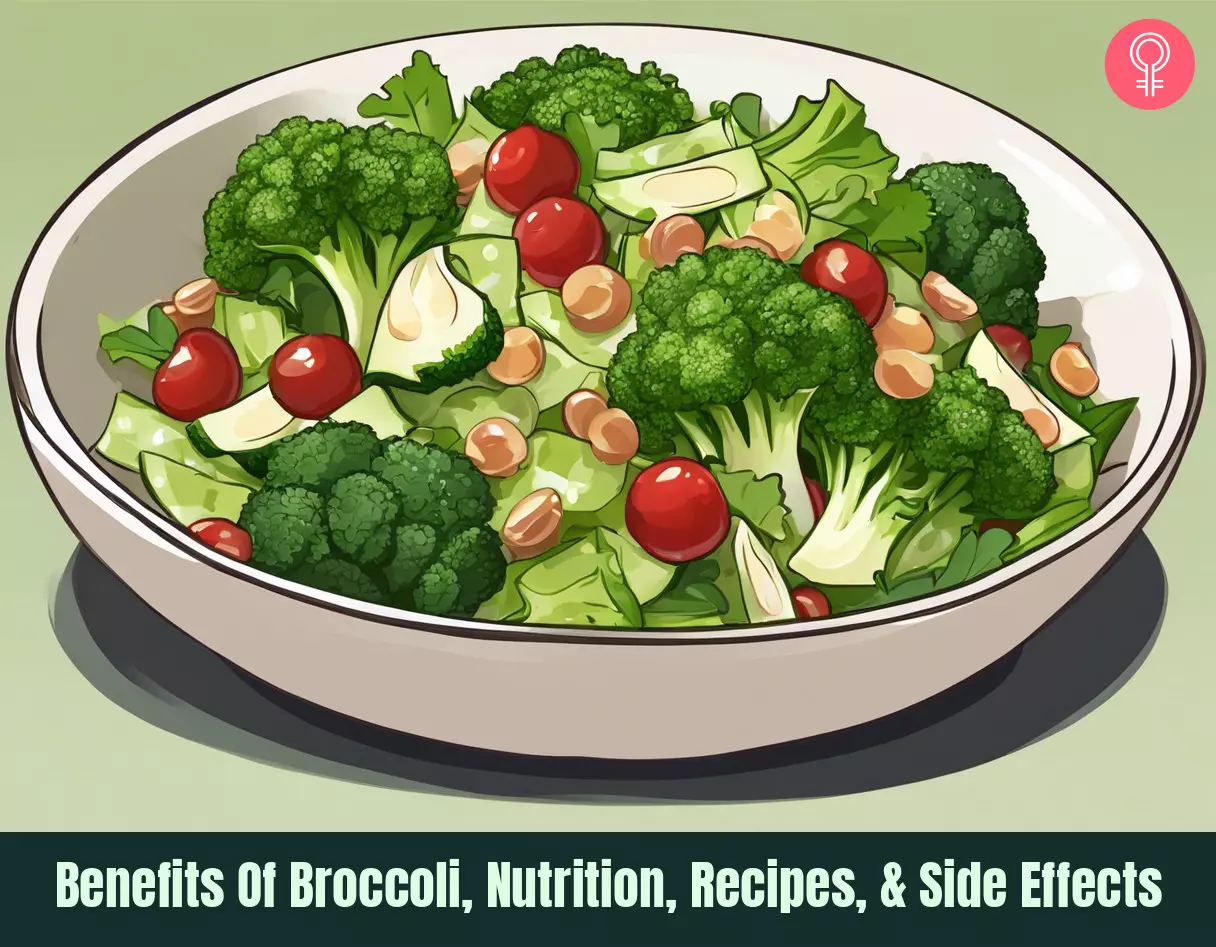
Image: Stable Diffusion/StyleCraze Design Team
Personal Experience: Source
StyleCraze's articles are interwoven with authentic personal narratives that provide depth and resonance to our content. Below are the sources of the personal accounts referenced in this article.
i. I Dreamed of Broccolihttps://pinchmysalt.wordpress.com/2007/01/17/i-dreamed-of-broccoli/
References
Articles on StyleCraze are backed by verified information from peer-reviewed and academic research papers, reputed organizations, research institutions, and medical associations to ensure accuracy and relevance. Read our editorial policy to learn more.
- “Cruciferous vegetables and cancer prevention”. National Cancer Institute.
- “Cruciferous Vegetables Have Variable Effects on Biomarkers of Systemic Inflammation in a Randomized Controlled Trial in Healthy Young Adults” The Journal of Nutrition, US National Library of Medicine, National Institutes of Health.
- “Sulforaphane-rich broccoli sprout extract…”. Tokai University Tokyo Hospital, Japan.
- “Broccoli sprout extract induces detoxification-related gene expression and attenuates acute liver injury”. World Journal of Gastroenterology.
- “Influence of extract derived cell cultures of broccoli against osteoporosis in ovariectomized rats” Egyptian Journal of Chemistry , Researchgate
- “A randomized controlled crossover trial investigating the short-term effects of different types of vegetables on vascular and metabolic function in middle-aged and older adults with mildly elevated blood pressure: the VEgetableS for vaScular hEaLth (VESSEL) study protocol”. Nutrition Journal.
- “The influence of sulforaphane on vascular health…”. Imperial College London, UK.
- “The dietary phase 2 protein inducer sulforaphane can normalize the kidney epigenome and improve blood pressure in hypertensive rats” American Journal of Hypertension, US National Library of Medicine, National Institutes of Health.
- “Human gut bacterial communities…”. University of Washington, Seattle, USA.
- “Dietary Broccoli Lessens Development of Fatty Liver and Liver Cancer in Mice Given Diethylnitrosamine and Fed a Western or Control Diet1,2,3”. The Journal of Nutrition.
- “Dietary broccoli lessens development of fatty liver…”. US National Library of Medicine.
- “Sulforaphane-rich broccoli sprout extract…”. David Geffen School of Medicine, California, USA.
- “Sulforaphane improves the bronchoprotective response in asthmatics through Nrf2-mediated gene pathways”. BMC Pulmonary Medicine.
- “Protection of retinal function by sulforaphane following retinal ischemic injury”. National Library Of Medicine.
- “Dietary Sources of Lutein and Zeaxanthin Carotenoids and Their Role in Eye Health”. MDPI.
- “Vitamin C in Disease Prevention and Cure: An Overview”. National Library Of Medicine.
- “Folic acid, ageing, depression, and dementia”. PubMed Central.
- “Dietary broccoli mildly improves neuroinflammation in aged mice but does not reduce lipopolysaccharide-induced sickness behavior ”. PubMed Central.
- “SULFORAPHANE IMPROVES COGNITIVE FUNCTION ADMINISTERED FOLLOWING TRAUMATIC BRAIN INJURY”. PubMed Central
- “Effects of Dietary Fiber and Its Components on Metabolic Health ”. MDPI.
- “Study finds that broccoli may help boost…”. UCLA Newsroom.
- “Broccoli sprout supplementation during pregnancy prevents brain injury in the newborn rat following placental insufficiency”. PubMed.gov.
- “Inhibition of Bladder Cancer by Broccoli Isothiocyanates Sulforaphane and Erucin: Characterization, Metabolism, and Interconversion ”. PubMed Central.
- “Dietary glucoraphanin-rich broccoli sprout extracts protect against UV radiation-induced skin carcinogenesis in SKH-1 hairless mice”. PubMed Central.
- “Free radicals, antioxidants, and functional foods: Impact on human health .”.PubMed Central.
- “Prevention and treatment of alopecia areata with quercetin in the C3H/HeJ mouse model” PubMed Central
- Sulforaphane reduces obesity by reversing leptin resistance
https://www.ncbi.nlm.nih.gov/pmc/articles/PMC8947770/ - Eat Your Broccoli: Oxidative Stress
https://www.ncbi.nlm.nih.gov/pmc/articles/PMC7831909/ - Vitamin K: the effect on health beyond coagulation – an overview
https://www.ncbi.nlm.nih.gov/pmc/articles/PMC3321262/
Uncover 6 amazing facts about broccoli you may not know. Click on this video to discover how this superfood can benefit your health and why it is so nutritious.
Read full bio of Dr. Karyn Shanks
- Sheri Gaw, RDN, CDCES, is a registered dietitian nutritionist and certified diabetes care & education specialist with over two decades of experience in the field. She has worked in a variety of settings - hospitals, wellness centers, outpatient clinics, retail, and corporate wellness. Sheri graduated from Loyola University Chicago and works full-time in a cardiac and pulmonary wellness center.
 Sheri Gaw, RDN, CDCES, is a registered dietitian nutritionist and certified diabetes care & education specialist with over two decades of experience in the field. She has worked in a variety of settings - hospitals, wellness centers, outpatient clinics, retail, and corporate wellness. Sheri graduated from Loyola University Chicago and works full-time in a cardiac and pulmonary wellness center.
Sheri Gaw, RDN, CDCES, is a registered dietitian nutritionist and certified diabetes care & education specialist with over two decades of experience in the field. She has worked in a variety of settings - hospitals, wellness centers, outpatient clinics, retail, and corporate wellness. Sheri graduated from Loyola University Chicago and works full-time in a cardiac and pulmonary wellness center.
Read full bio of Ravi Teja Tadimalla
Read full bio of Arshiya Syeda
Read full bio of Aparna Mallampalli






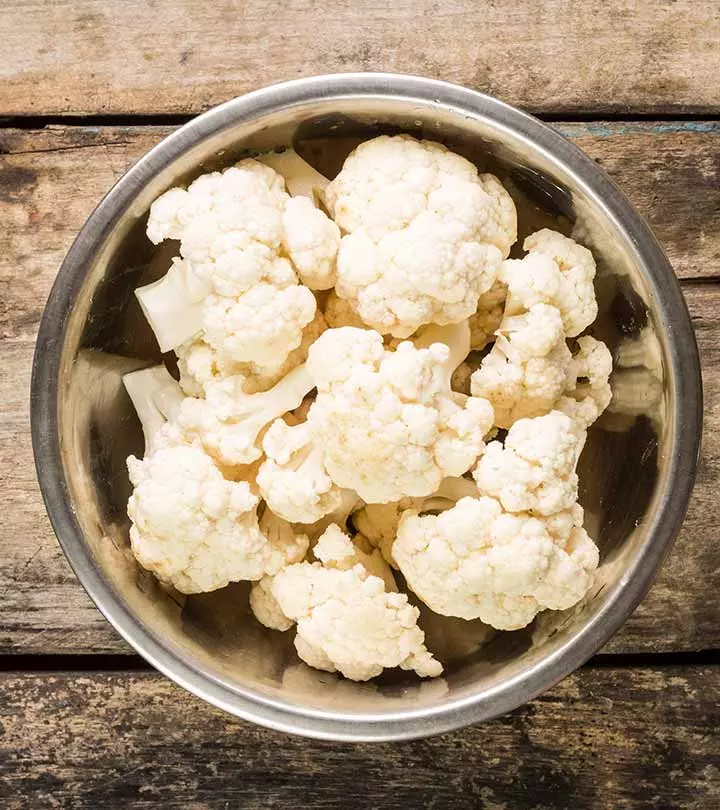
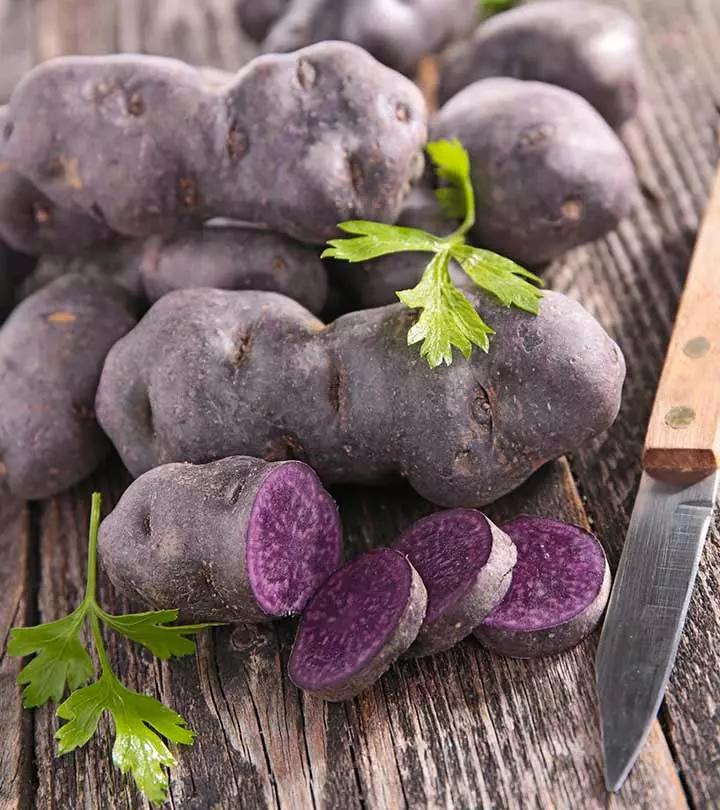
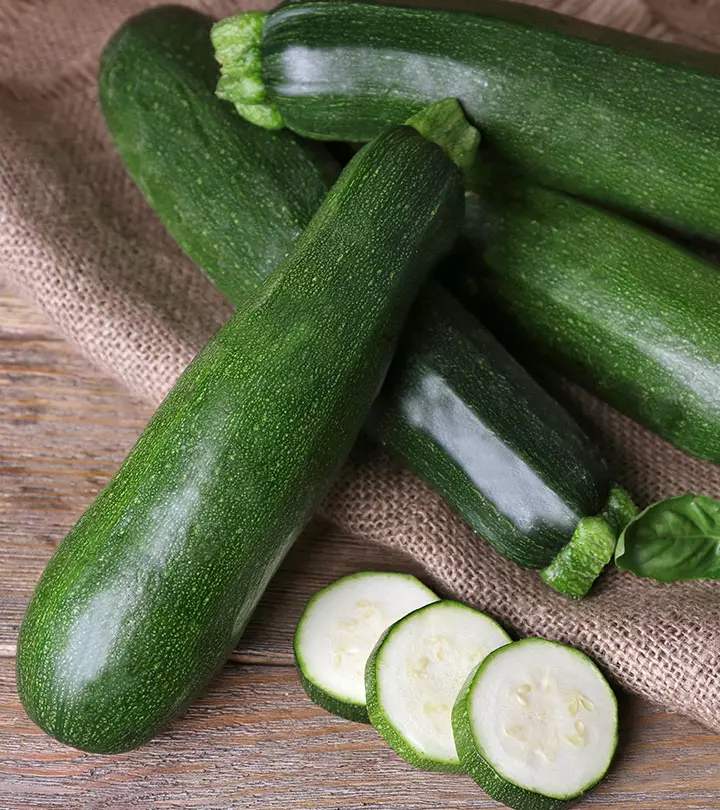

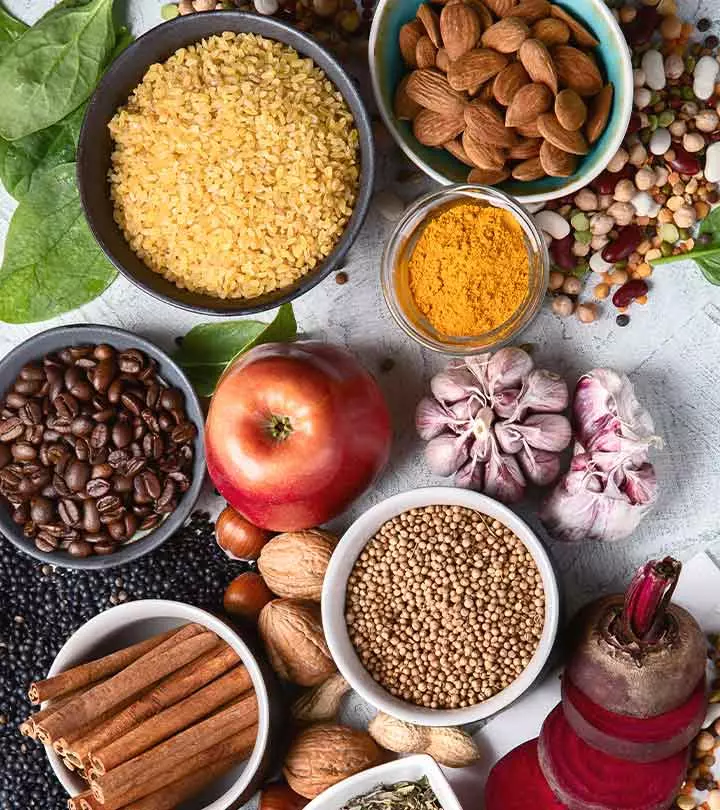
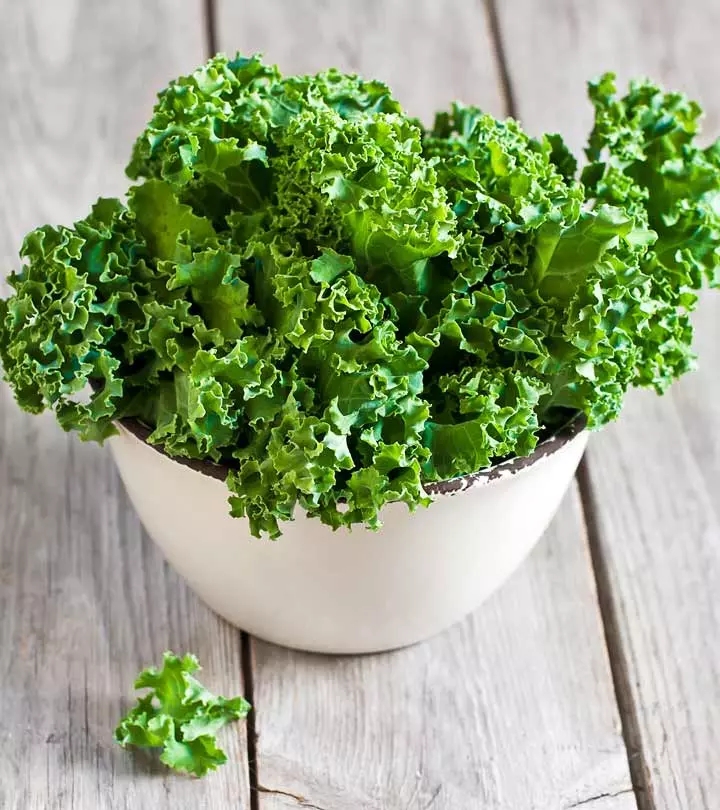
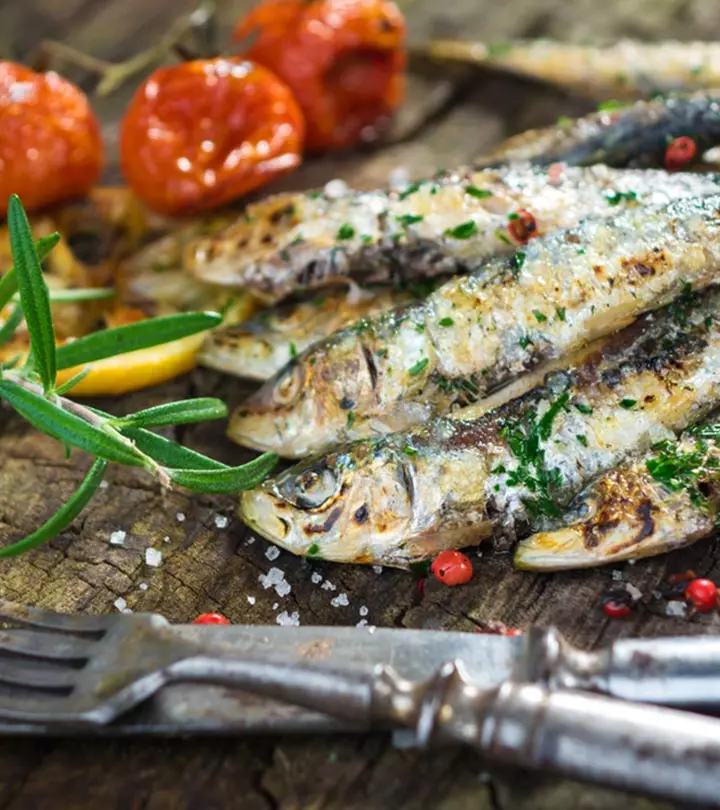
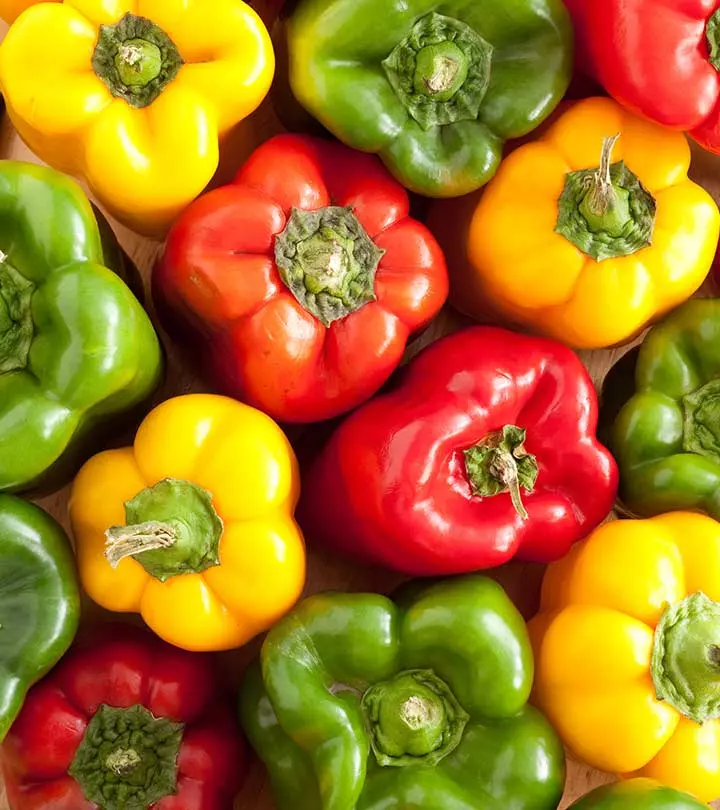
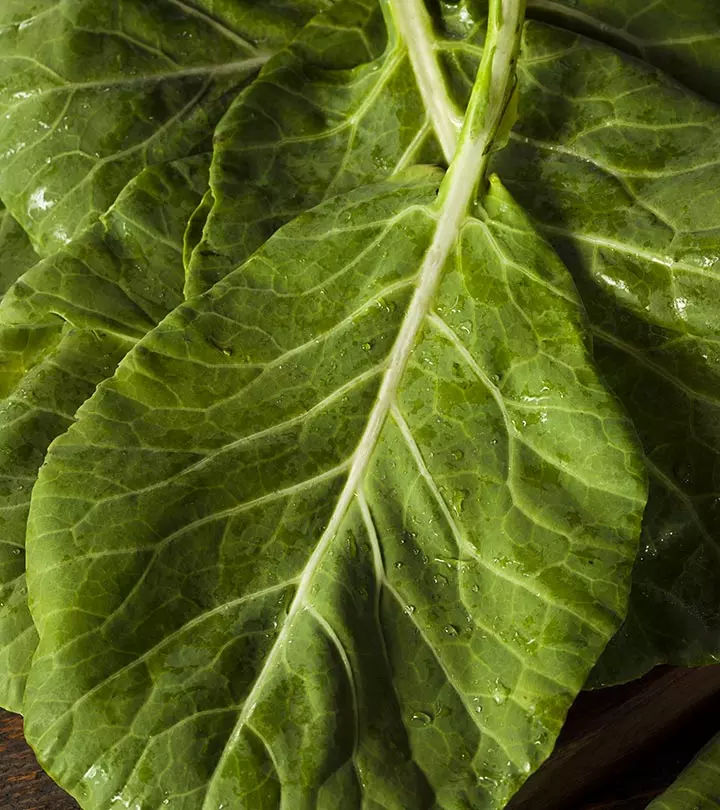

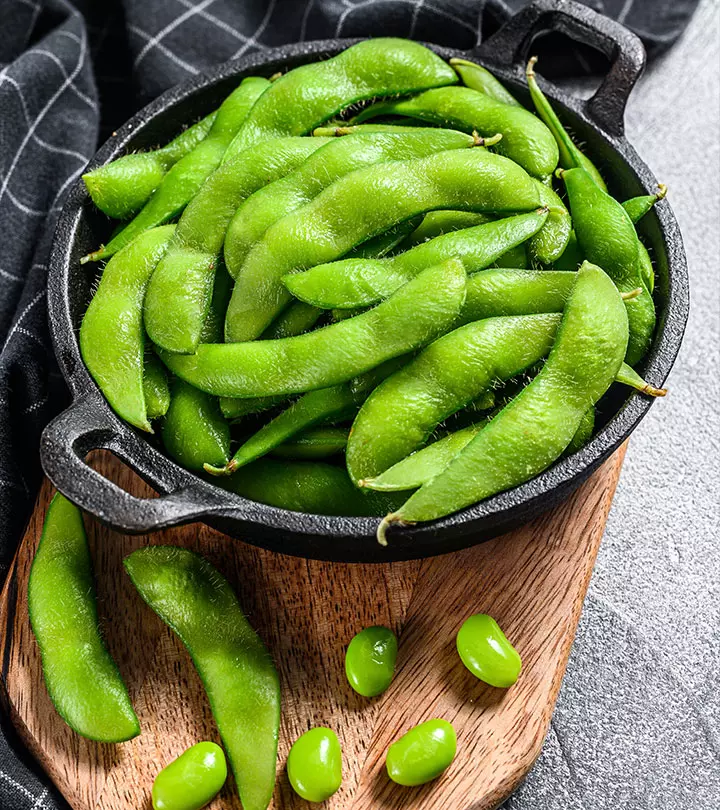
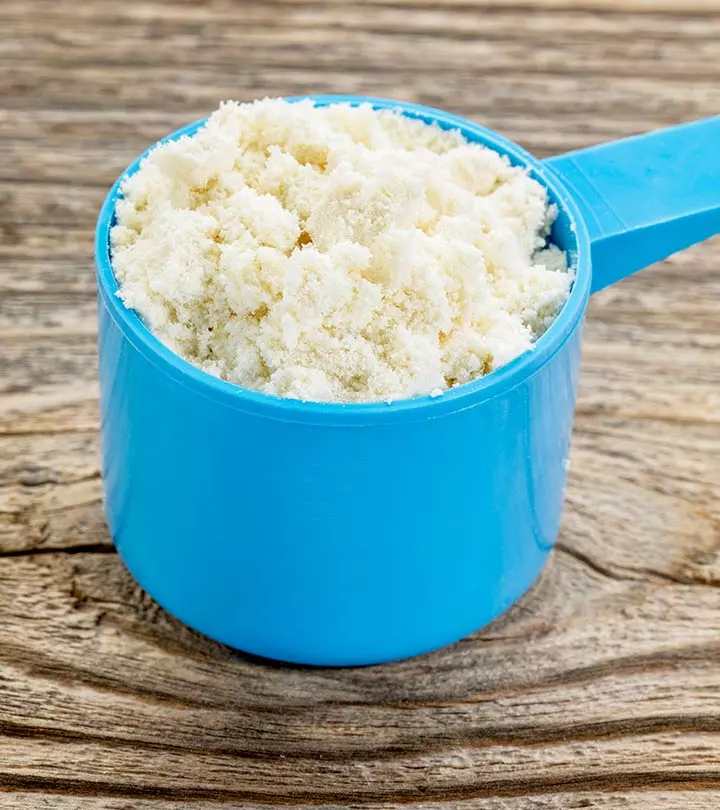


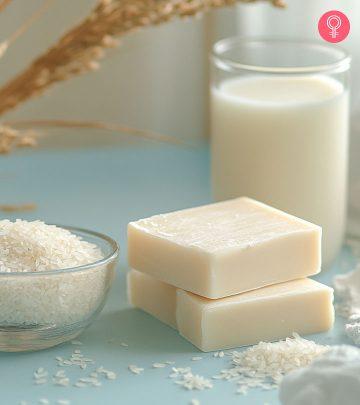
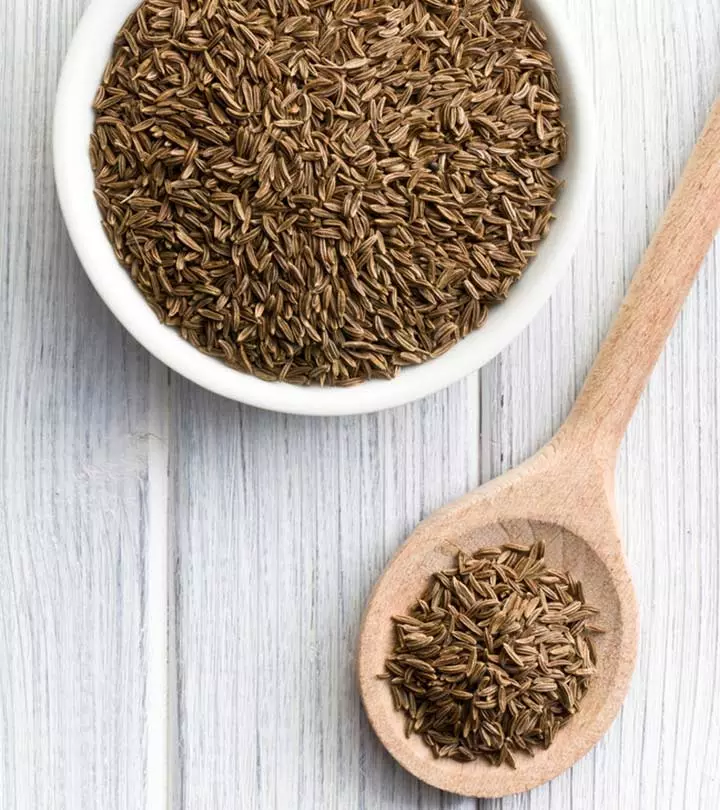



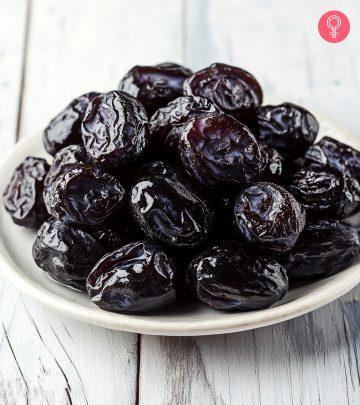
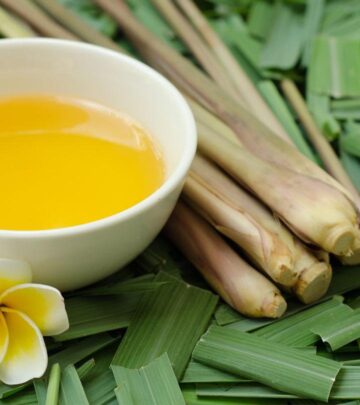
Community Experiences
Join the conversation and become a part of our empowering community! Share your stories, experiences, and insights to connect with other beauty, lifestyle, and health enthusiasts.